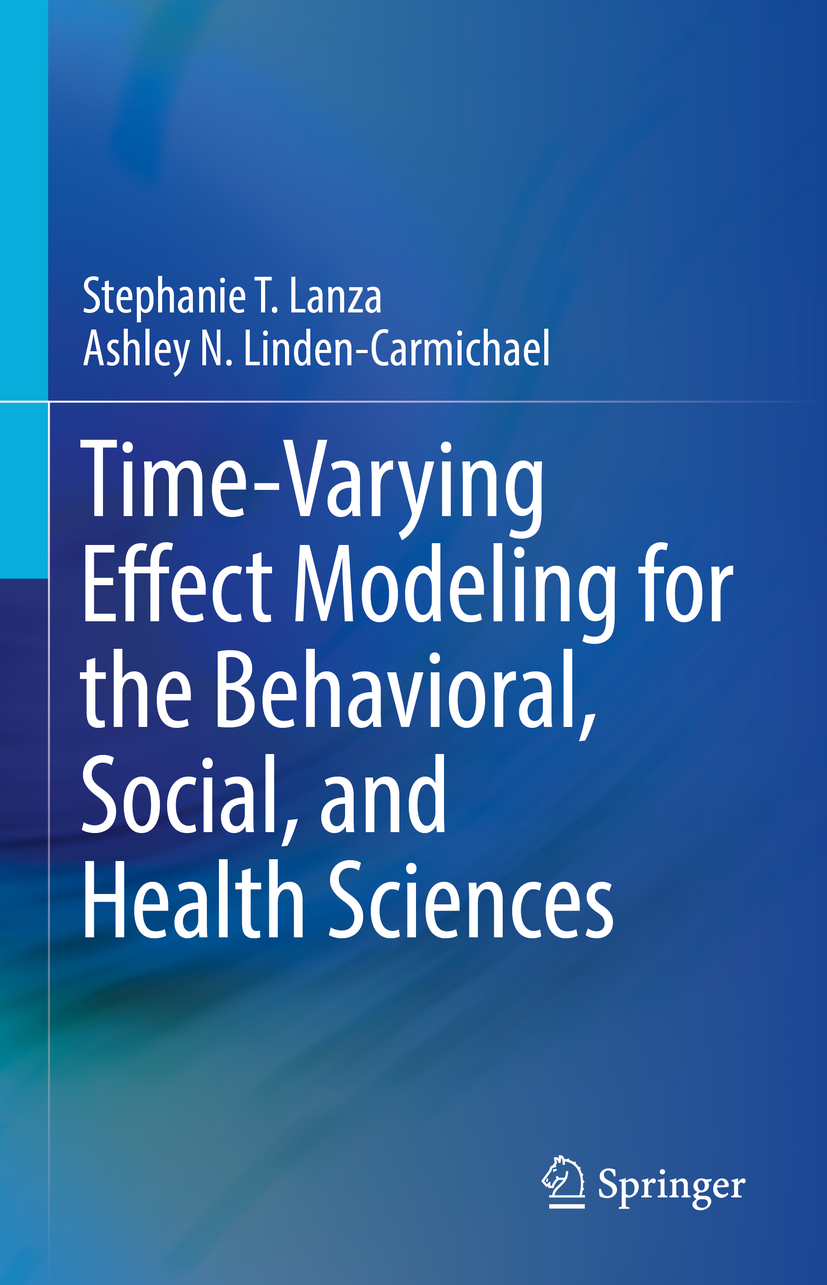
Stephanie T. Lanza, Ph.D.
C. Eugene Bennett Chair in Prevention Research
Professor of Biobehavioral Health
Bio
Stephanie joined the faculty at Penn State in 2004 and has devoted her career to advancing research on the prevention of substance misuse through the use of innovative quantitative methods. She has served as the principal investigator on research grants from the National Institute on Drug Abuse and the National Cancer Institute and has mentored many students and early-career researchers at Penn State. She is passionate about advancing science not only through her own research, but also by training substance use researchers to adopt cutting-edge statistical methods in their own research. Most of her work has focused on methodological advancements to and applications of latent class analysis (LCA) and time-varying effect modeling (TVEM). Stephanie truly is an interdisciplinary researcher and has built an extensive network of collaborators both within and beyond the Penn State community.
Stephanie served as scientific director of The Methodology Center from 2004-2017. She was director of the Edna Bennett Pierce Prevention Research Center (PRC) from 2017-2024, where she led research devoted to improving the health and well-being of individuals, families and communities. From 2018-2024, Stephanie also directed Penn State’s new Consortium on Substance Use and Addiction, a University initiative to address the opioid epidemic and other issues related to substance misuse.

Latent Class and Latent Transition Analysis
On a daily basis, researchers in the social, behavioral, and health sciences collect information and fit statistical models to the gathered empirical data with the goal of making significant advances in these fields. In many cases, it can be useful to identify latent, or unobserved, subgroups in a population, where individuals’ subgroup membership is inferred from their responses on a set of observed variables. Latent Class and Latent Transition Analysis provides a comprehensive and unified introduction to this topic through one-of-a-kind, step-by-step presentations and coverage of theoretical, technical, and practical issues in categorical latent variable modeling for both cross-sectional and longitudinal data.
Read more about the book HERE.


